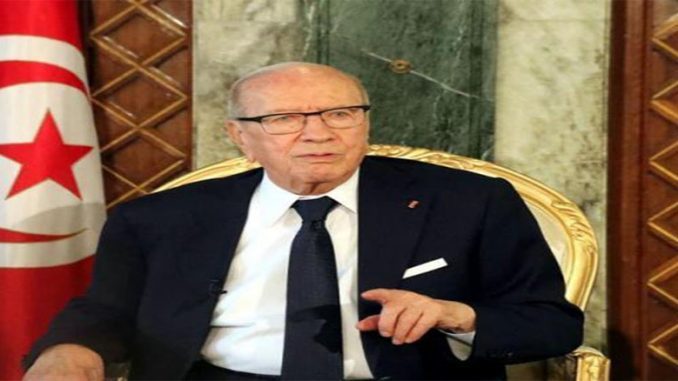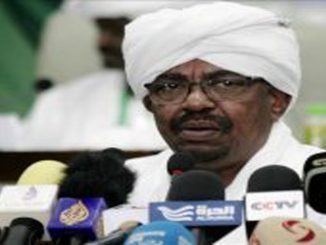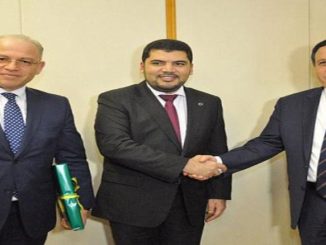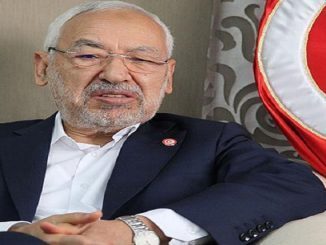
The democratic choice opted for by Tunisia is irreversible, Tunisian President Béji Caid Essebsi said Monday evening, adding that he does not encourage anyone at present to amend the Constitution.
“The Constitution of 2014 laid the foundations of a democratic regime and enshrined the civilian nature of the State,” he pointed out in an interview broadcast on public TV channel “Al-Wataniya 1” on the 61st anniversary of the Independence Day.
Caid Essebsi emphasized that the establishment of the Second Republic requires much greater sacrifices than those made at the establishment of the First Republic in 1956.
Moreover, the President of the Republic assured that any military decision taken by Tunisia is a sovereign decision in reference to the military co-operation initiated with several countries.
“The finances of the National Army are provided by the Tunisian State,” he further indicated.
As for the fight against terrorism, the Head of State said that the 2015 Bardo and Sousse attacks had indeed changed the situation for Tunisia.
“Although the phenomenon of terrorism has been largely contained, the danger is still present,” he warned.
Caid Essebsi said the security forces’ promptness had been reinforced after the 2015 attacks, recalling the failure of a major attack in 2016 to set up a Wilaya in Ben Guerdane, in addition to dismantling several terrorist cells.
The security situation shall further improve next July after the completion of an electronic monitoring system along the border with Libya and the acquisition of several aircraft and equipment from the United States, he added.
In another connection, the Tunisian President affirmed that the National Unity Government is determined to implement the clauses of the Carthage Document, adding that only the Free Patriotic Union (UPL) had withdrawn from this project.
As regards the economic aspect, the Head of State pointed out that the situation is not as disastrous but requires carrying out structural eforms.
For the current year, Caid Essebsi projected a growth rate of 2.5% in view of the improvement recorded in the tourism sector and the rise in the phosphate exports, according to him.



